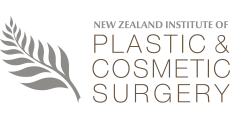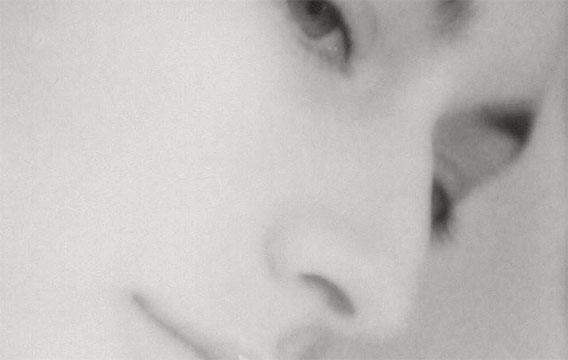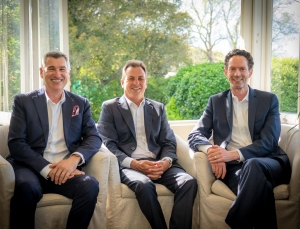Our Plastic Surgeons
Skilled and experienced plastic surgery experts
All four specialists are New Zealand trained plastic and cosmetic surgeons with a vast surgical experience over many years and many thousands of patients.
Frequently Asked Questions
What are the first steps?
Before meeting with your surgeon, you may want to take the opportunity to discuss your concerns and expectations with one of our specialist nurses. She will give you information about this procedure and discuss what is involved in detail including post operative care and recovery. She will show you before and after photographs of patients who have had this surgery to help you understand what can be achieved.
Many people have seen pictures of noses they find appealing. While it’s not usually possible to produce an exact copy of someone else’s nose, this can serve as a starting point from which we can discuss your particular desires.
The best rhinoplasties are those where the nose is in harmony with the face. Your surgeon will consider the overall balance of your appearance during your consultation. (For example, a strong nose may be overemphasized by a weak chin, and therefore improved by surgery to the chin.)
Your surgeon will examine your nose and check the airway. (Sometimes a consultation with an Ear, Nose and Throat specialist will be advised where there is a history of airway problems or allergies.) Photographs will be taken before and after your surgery to plan the procedure and to record your results, and occasionally X-rays or CT scans will be requested.
It is important that we obtain a full history of any trauma or surgery you may have had to your nose, as well as your general medical history and a list of medications.
What does the surgery involve?
Most rhinoplasties are performed under general anaesthetic. Incisions are made inside the nose to gain access to the bone and cartilage structure. Often a small incision is also made across the columella – the strip of skin between the nostrils. The exact technique used will be tailored to meet your particular needs.
If there is a hump, a combination of bone and cartilage is removed to make the bridge straighter and lower. The cartilages of the tip can be trimmed or reshaped to alter a bulbous or drooping tip. Sometimes grafts of cartilage are required, which are taken from inside the nose or occasionally from the ears or ribs. (If you have breathing difficulties, the inside of the nose may be straightened to improve the airway.)
Incisions are closed with fine dissolving stitches inside the nose and fine removable sutures, when required, outside the nose. A splint is usually applied for one to two weeks and the nose may be packed for several days postoperatively.
Sometimes splints are required inside the nose if the airway is very distorted. These are usually removed after one week.
Generally you will stay in hospital overnight, but for less involved rhinoplastiesyou may be able to go home the same day. If this is the case, make sure there is someone at home to look after you.
What is the recovery process?
Rhinoplasty is generally not a painful procedure. You will experience some postoperative discomfort and a temporary feeling of heaviness and stuffiness in the face, which can be managed with routine analgesics. There may be some bloodstained discharge from the nose for a few days after the operation.
Your splint will be removed around one week after surgery. There may be some bruising around the face and eyes, which will settle after 7-14 days. Most of your swelling will settle over three weeks, but there will be subtle changes for up to a year postoperatively.
When wil I be able to return to work/normal activities?
In general, it is advisable to stay away from work or school for two weeks, and avoid strenuous activity for three weeks.
How much will rhinoplasty cost?
If you would like to know more about plastic surgery pricing, please view our Pricing page for an indication of what could be expected. You can also request a brochure or contact us for a personal consultation.
Request a complimentary consultation
Meet with our nurses for a complimentary, no obligation cosmetic surgery consultation to discuss procedures, processes and costs




